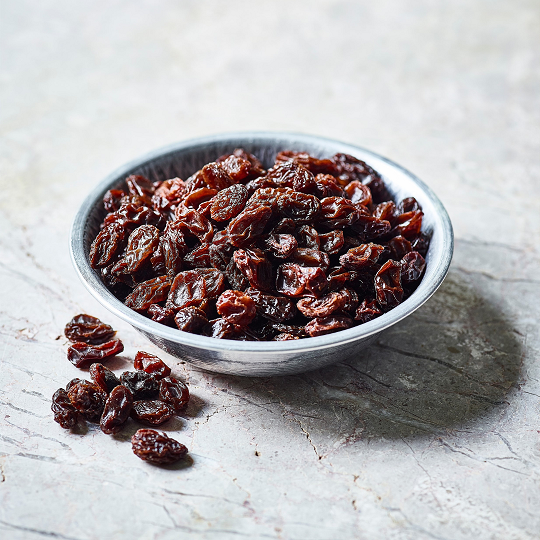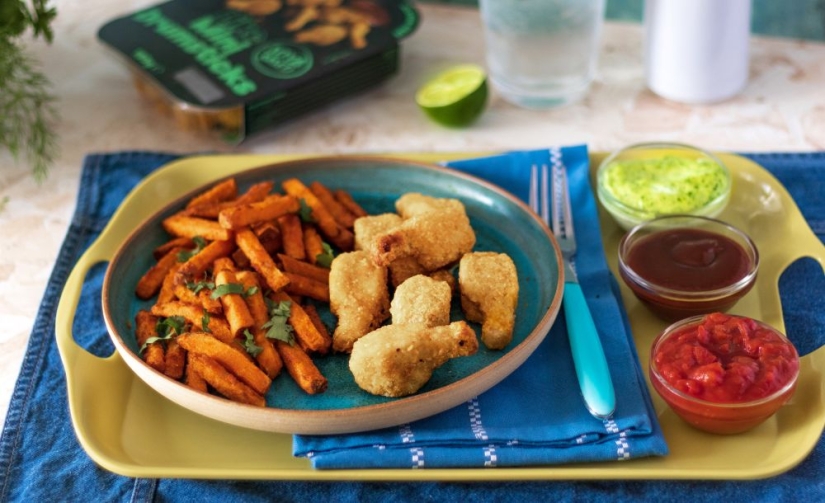Cruelty Free Beauty
- 4 signs you have low iron levels
- Zero Waste Beauty: Adopt a green routine with these sustainable products
- This eco-friendly beauty box is packed with refillable multi-taskers
- “I find myself using it even when I don’t need to!”
- Arctic-inspired natural skincare brand launches in the UK
- Green People launches beauty balm packaged in 100% biodegradable pot
- Lush launches same-day delivery service for its iconic handmade cosmetics
- “This cruelty-free tanning water gave me the confidence boost I needed”
- rho launches sustainable loungewear that gives back
- Rose & Caramel Raises Awareness For Women’s Self-Esteem & Mental Health With ‘I TAN FOR ME’ Campaign
- Couple launches entirely plant-based and refillable deodorant on Kickstarter
- View all
Eco Living
- Simple Hacks to Cut Your Food Waste with Gino D’Acampo
- Five Easy Ways to Reduce Food Waste
- Eat these foods to boost your mood
- Upgrade Your Cheese Toastie
- Have a healthy Christmas with these festive food swaps
- Omega-3 Health Benefits
- 5 minutes with Max La Manna
- A nutritionist’s guide to eating for healthy joints
- Easy ways to achieve your health goals
- Discover the benefits of raisins on a vegetarian diet
- Improve your gut health with California Raisins
- View all
Vegan Recipes
- Quorn Vegan Hot & Spicy Burger with Pink Slaw
- Tomato and Pumpkin Soup
- Pea and elderflower cocktail
- Matcha Coconut Ice Cream
- Vegan Lemon Bars
- Mango Salad with Thai Dressing
- Garden Gimlet
- Tofu & Green Beans Teriyaki
- Cornflakes Bombay
- Rainbow Pickle
- Soba noodles with kale and collards
- View all
Popular recipes
- Spinach and ricotta quiche vegetarian recipe
- Cheats mushroom and spinach lasagne vegetarian recipe
- Lentil bolognese vegetarian recipe
- Creamy mushroom stroganoff vegetarian recipe
- Malaysian Rendang curry vegetarian recipe
- Feta, Butternut Squash, Caramelised Onion and Cashew Nut Wellingtons
News
- Aldi Has Launched Its First Vegan Skincare Range
- New vegan meal delivery offers sustainable street-food inspired dishes
- Sustainable beauty brand launches refillable hand sanitiser dispenser
- NAILKIND Launches Natural Nail Colour Collection
- Plastic Petition pushes for greater transparency in UK recycling system
- Sainsbury’s Launches New Plant-Based Products
- Omega-3 Health Benefits
- Selfridges to launch repair and resell services
- Tropic launches environmentally friendly sunscreen range
- Greggs Offers Free Vegan Sausage Roll For Students!
- Lush drives change in cruelty-free cosmetics with £250,000 prize fund
- View all
Looking after your gut on a plant-based diet
How to protect this important microbiome as a vegetarian or vegan

We read a lot these days about gut health, and there are more and more products on the market that make claims to improve the health of this microbiome, from being packed with fibre, to containing millions of live cultures. But why exactly is gut health so important, and how is it affected by our diet?
“Gut health is gaining a lot of attention these days as researchers have discovered that the health of your gut (the functioning of your entire gastrointestinal tract) is linked to many areas of our overall health beyond the more obvious such as IBS, inflammatory bowel disease (Crohn’s disease and ulcerative colitis) and bloating,” explains Rebecca Stevens, AfN registered associate nutritionist. “Links have also been established with mental health, skin health, immune system functioning, Alzheimer’s disease, Parkinson’s disease and cancer. More research is needed to fill in knowledge gaps, but it’s widely accepted that supporting our gut to be as healthy as we can is key for our overall wellbeing.”
It certainly gives more meaning to the saying ‘Go with your gut’!
So, as a vegetarian or vegan, is there any particular benefit for our gut? Well, as with many aspects of our health, the type of foods we eat will have a major part to play.
“As a general rule, you would expect vegetarians and vegans to have a larger percentage of their dietary intake coming from plant-based foods and probably a greater diversity of plant-based items in their diet. Both of these are likely to support more diversity in your microbiome, which in turn has been linked to overall health. However, if you are a vegan or a vegetarian that largely eats processed food you won’t have this advantage.”
As our guts are filled with bacteria, it’s important that we ‘feed’ the good ones to keep everything in balance. Some high-fibre foods are considered prebiotics, meaning they do just that. These include artichoke, Brussel sprouts, beans, pulses and legumes, which are all great for your gut. So what other types of foods should we fill up on?
“It’s difficult to identify the best foods for gut health as we all respond differently,” Rebecca says. “One of the key pieces of advice is to aim for about 30 different types of plant-based foods each week. Each item will contain slightly different fibres and compounds that support different bacteria in your gut. As diversity in your microbiome is linked to overall health, this has been suggested by experts working in the gut health field.
“You could also consider including probiotic foods within your diet – probiotics refer to any food, drink or supplement that contains beneficial bacteria to complement our existing microbiome.”
And what about these fermented foods that we’re constantly reading about?
“While the process of fermentation has been around for thousands of years, these types of food are gaining in popularity. Options include sauerkraut, kimichi (a Korean dish with pickled cabbage and sauerkraut) and fermented beans such as miso and tempeh. The fermentation breaks down some of the fibre that enables some of the good bacteria to thrive. It’s also thought that they make food easier to digest and nutrients easier to absorb. Fermented foods are very easy to make at home, with lots of recipes available online or via books.
“There are also dairy products like kefir, a traditional homemade fermented drink that contains milk with live bacteria and has the most scientific evidence to support its use. There are plenty of options on the market. If you are buying yoghurts, look for options that contain ‘live bacteria’.
“There are also gut-friendly drinks: kombucha is a type of fermented tea, sugar, bacteria and yeast, and its popularity has exploded in recent years so you should have no problems finding it in stores. There is limited research that confirms its benefit on gut health but due to its content, leading researchers suggest it should have an overall improvement. If you enjoy the taste, then go for it.
“One word of caution is that if you have IBS, many of the fermented foods can trigger gut symptoms. Speak to your healthcare practitioner if you are concerned. Another consideration is that taking probiotics doesn’t cancel out a poor diet, as research has found it is the diversity rather than the specific quantity of good or bad bacteria that provide the most benefit to overall gut health.”
More from Vegetarian blog

Discover the health benefits of eating raisins, from boosting your mood and energy to aiding digestion
ADVERTISEMENT FEATURE

World Digestive Health Day is the perfect time to discover easy ways to improve your gut health, from your diet to your lifestyle
ADVERTISEMENT FEATURE

ADVERTISEMENT FEATURE

Can you really have your cake and eat it too?
ADVERTISEMENT FEATURE

The new collection is the brand's biggest to date, and feature super-soft, comfortable clothing you can wear anywhere




